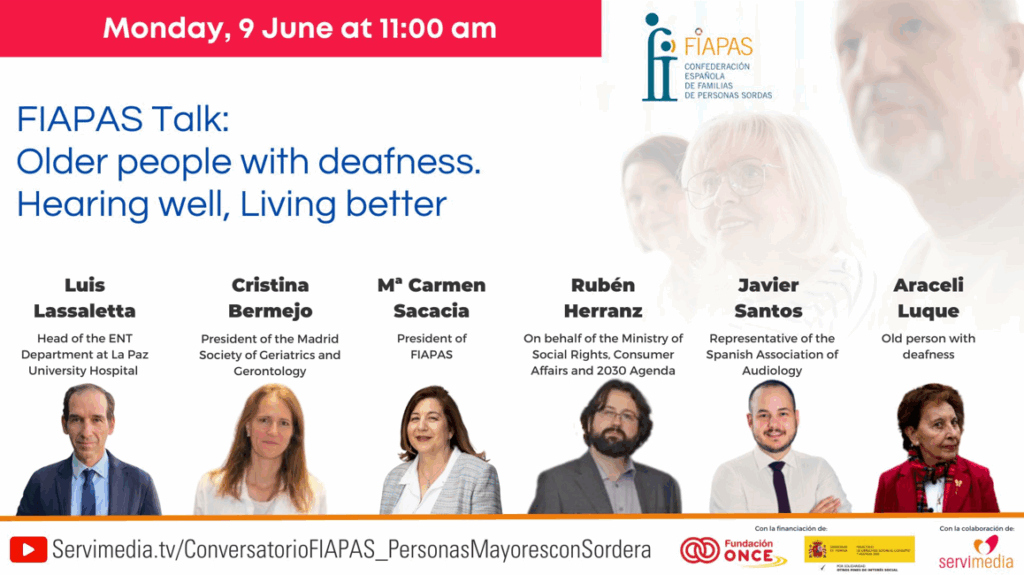In Macedonia, about 26.000 mothers live alone with their children and about 9.000 fathers are single parents. COFACE’s member “Youth of Diverse Families” participated to International Conference for Single Parents that took place in November 2024 in Budapest, Hungary and later shared their insights in an interview, reflecting on the key takeaways from the event.
Stanisha Stankovic, a child of a single parent, represented the Youth of Family Diversity at the conference. As the first and only country in the region, Macedonia is for the first time acting on this topic at a higher political level.
“In Macedonia, the biggest problem is the alimony fund. Our organisation, me as a peer educator and the youth team are working to get the alimony fund on the high political agenda of our politicians. In addition, single parents are already visible in the Law and in certain strategies that the state undertakes for marginalized groups of citizens. That one point in those documents means a lot, the visibility unlike before has been raised to a higher level. It helps us to stand in front of the institutions in Macedonia, but also in the Balkans, in a simpler and much more well-argued manner” – Stanisha Stankovic,
According to Stanisha, Croatia and Montenegro are countries in the region that would be a good example of how this issue should be regulated.
Read more here.





